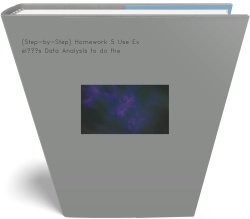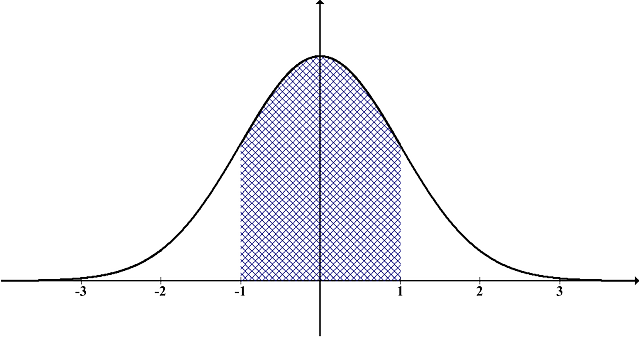DECISION ANALYSIS The dealership in problem below is considering hiring a petroleum analyst to determine
DECISION ANALYSIS
The dealership in problem below is considering hiring a petroleum analyst to determine the future availability of gasoline. The analyst will report that either a shortage or surplus will occur. The probability that the analyst will indicate a shortage given that a shortage actually occurs is .90; the probability that the analyst will indicate a surplus given that a surplus actually occurs is .70.
- Provide EVSI, EVPI. Determine decision strategy that the dealership should follow, the expected value of the strategy and maximum amount they should pay for the analyst’s services.
Compute efficiency of the sample information for the car dealership
Dealership Problem
Determine the type of dealership that should be purchased depending on how much gasoline is going to be available the next few years. Compute the expected values based on the table below:
Gasoline Availability
Dealership Shortage .6 Surplus .4
Compact Cars $300,000 $150,000
Full-sized cars -100,000 600,000
Trucks 120,000 170,000
Construct a decision tree for the decision situation described in the dealership problem above and indicate the best decision. .
FORECASTING PROBLEMS
- The manager has collected the following demand data for the past eight months. Compute the three-month moving average forecast for months 4-9. Compute the weighted three-month moving average forecast for months 4 – 9 (assign weights .55, .33, and .12 to the months in sequence, starting with the most recent month). Compare the two forecasts using MAD. Which forecast appears to be more accurate?
Demand for Soft Shag
MONTH Carpet (1,000 yd)
- 8
- 12
- 7
- 9
- 15
- 11
- 10
- 12
- Petroco Service Station manager has accumulated the following data on demand for unleaded gasoline from sales during the past 10 months. Compute an exponentially smoothed forecast using a value of .30. Compute an adjusted exponentially smoothed forecast of .30 and .20. Compare the two forecasts using MAPD and indicate which seems to be more accurate.
Month Gasoline Demanded (gal)
October 800
November 725
December 630
January 500
February 645
March 690
April 730
May 810
June 1,200
July 980
- Develop a seasonally adjusted forecasting model for daily pizza demand and forecast demand for each of the following time periods for a single upcoming day.
DAYS
Time Period 1 2 3 4 5 6 7 8
10am – 3pm 62 49 53 35 43 48 56 43
3pm – 7pm 73 55 81 77 60 66 85 70
7pm – 11pm 42 38 45 50 29 37 35 44
11pm – 12am 35 40 36 39 26 25 36 31
- Develop a seasonally adjusted forecast model for order data. Forecast demand for each quarter for 2004 (using a linear trend line forecast estimate for orders in 2004). Develop a separate linear trend line forecast for each of the four seasons and forecast each season for 2004. Which of two approaches used appears to be more accurate. Use MAD to verify your selection.
ORDERS (1,000s)
Quarter 1999 2000 2001 2002 2003
Jan-Mar 18.6 18.1 22.4 23.2 24.5
Apr – Jun 23.5 24.7 28.8 27.6 31.0
Jul - Sep 20.4 19.5 21.0 24.4 23.7
Oct – Dec 41.9 46.3 45.5 47.1 52.8
- Develop a linear regression model for the following data and forecast carpet sales if 30 construction permits for new homes are filed. Determine the strength of the causal relationship between monthly sales and new home constructing using correlation.
MONTHLY CARPET MONTHLY CONSTRUCTION
SALES (1,000 YD) PERMITS
- 21
10 35
4 10
3 12
8 16
2 9
12 41
11 15
9 18
14 26
Deliverable: Word Document





![[Solution] The manager of an ice cream parlor located in a small [Solution] The manager of an ice cream](/images/solutions/MC-solution-library-80756.jpg)

